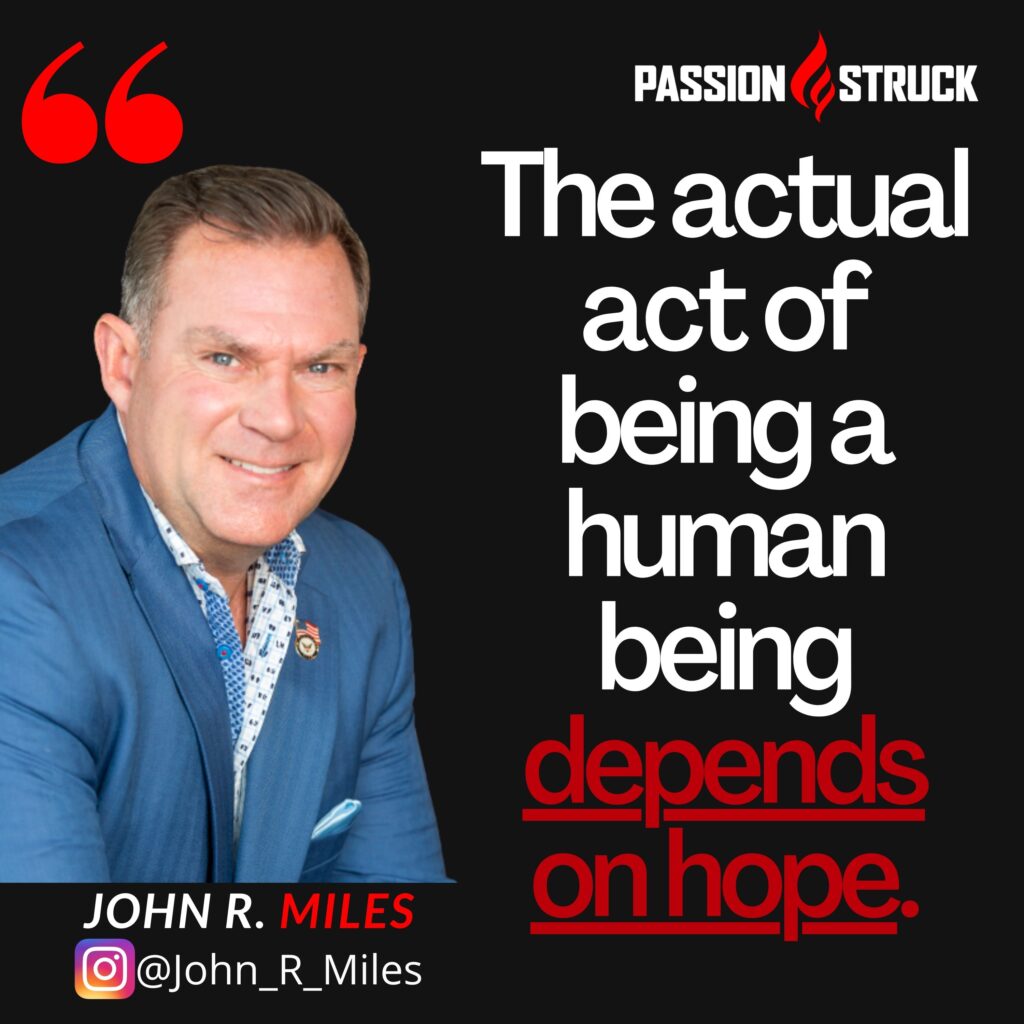Saying that these are challenging times is both a cliché and an understatement. Recent news about the Ukraine War, the economy, and contentious political disputes have caused a great deal of concern and despair for many people worldwide. And that is where the power of hope comes into play.
Because when people reflect on their lives, it is typically the most challenging experiences that help them gain fresh insight or accelerate their personal development. Of course, it doesn’t feel that way when a crisis is underway. But there are measures you may take, using the power of hope, to get through difficult situations.
Seven Ways the Power of hope can overcome Challenges.
In life, anything can happen. It is challenging to maintain our balance when we encounter hurdles in life. Everyone has experienced hardships, whether it is the loss of a loved one or financial issues. Given the constant negative news cycle, it could be challenging to maintain optimism. In addition, it may be difficult for someone to maintain hope due to the stress of everyday obligations.

Happiness is harder to achieve than to say. Sometimes we have to manage 100 things at once, and staying optimistic is the least of our concerns. Even if this could be challenging, being hopeful doesn’t make it any less crucial.
Here are seven ways to use the power of hope during difficult times
- Focus on the things that are going well in your life. Even if you are facing difficult challenges, there are probably still many things that are going well for you. Focusing on these things can help you stay hopeful and positive.
- Help others. Doing something kind for someone else can help you feel more hopeful and positive. It can also help you feel connected to others, which can be a source of hope and support.
- Practice gratitude. Taking time to reflect on the things you are grateful for can help you stay hopeful and optimistic. You can write down a few things you are grateful for each day or share your gratitude with others.
- Seek support from others. It can be helpful to talk to friends, family, or a therapist about your feelings and challenges. Sharing your experiences with others can help you feel less alone and can provide a sense of hope and connection.
- Engage in activities that bring you joy. Do things that bring you happiness and a sense of fulfillment. This can help you stay hopeful and positive, even when things are difficult.
- Find meaning in your challenges. Try to find meaning or purpose in the challenges you are facing. This can help you feel more hopeful and motivated to overcome them.
- Practice self-care. Take care of yourself physically and emotionally. This can involve things like getting enough sleep, eating well, and making time to unwind and de-stress. Taking care of yourself can help you feel more hopeful and better equipped to handle difficult times.
The Power of Hope
Although each person’s definition of hope is different, the power of hope can do a variety of things for you, such as improve your mood or give you something to concentrate on or anticipate in the future. It’s essential to cultivate confidence in yourself that things can improve, even if you don’t feel like they will turn out well.
As Michelle Obama once said, “You may not always have a comfortable life, and you will not always be able to solve all of the world’s problems at once, but don’t ever underestimate the importance you can have because history has shown us that courage can be contagious and hope can take on a life of its own.”
The power of hope is the most important thing in a chaotic world because it gives us the power to choose our attitude and perspective. That is why the world needs hope.
Where To Go From Here
I hope you found this short guide on the power of hope useful. If you’re looking for more ideas on getting motivated and staying that way, check out the Passion Struck podcast and my episodes with behavior scientists Ayelet Fishbach, Katy Milkman, Astronaut Wendy Lawrence, NASCAR driver Jesse Iwuji, and Vice Admiral Sandy Stosz.
Listen to the episode on Apple Podcasts, Spotify, Podcast Addict, Pocket Casts, Stitcher, Castbox, Google Podcasts, Amazon Music, or your favorite podcast platform.

